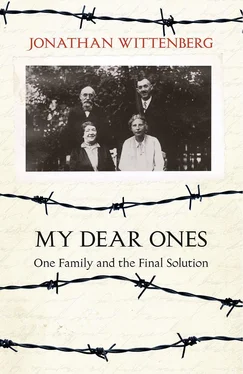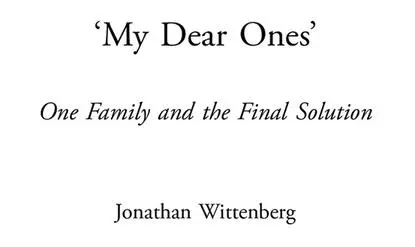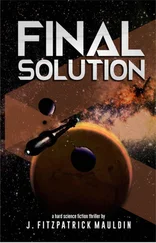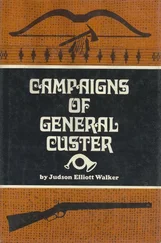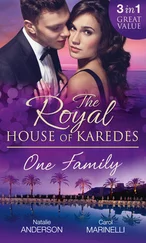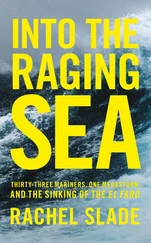
William Collins
An imprint of HarperCollins Publishers
1 London Bridge Street
London SE1 9GF
www.WilliamCollinsBooks.com
This eBook first published in Great Britain by William Collins in 2016
Copyright © Jonathan Wittenberg, 2016
Cover photograph © Jonathan Wittenberg
Jonathan Wittenberg asserts the moral right to be identified as the author of this work
A catalogue record for this book is available from the British Library
All rights reserved under International and Pan-American Copyright Conventions. By payment of the required fees, you have been granted the non-exclusive, non-transferable right to access and read the text of this e-book on-screen. No part of this text may be reproduced, transmitted, down-loaded, decompiled, reverse engineered, or stored in or introduced into any information storage and retrieval system, in any form or by any means, whether electronic or mechanical, now known or hereinafter invented, without the express written permission of HarperCollins
Source ISBN: 978-0-00-815803-3
Ebook Edition © May 2016 ISBN: 9780008158057
Version: 2017-05-03
This book is dedicated to my father Adi Wittenberg and to the memory of all the members of his family who perished;
To Daniella Nechama Moffson, daughter of Sheera and Michael, great-great-granddaughter of the quiet heroine of this book;
To my friend David Cesarani without whose encouragement the work would never have been written;
To my wife Nicky and our children Mossy, Libbi and Kadya;
And to the future of all children, especially those who have experienced the fate of the refugee.
Table of Contents
Cover
Title Page
Copyright
Dedication
Map
Family Tree
1: The Gravestone and the Trunk
2: An Unwelcome Letter
3: The Roots of a Rabbinical Family
4: ‘Discharged from Your Duties’
5: Struggling to Decide
6: Interned in Buchenwald
7: An Understandable Choice
8: ‘Gone as Usual to the Tailor in Olmütz’
9: A Birthday Party to Remember
10: ‘We Will Not Be Separated’
11: ‘We Can Still Be of Help to Others’
12: ‘Never Hanker after What Is Gone’
13: Making a Home in Ostrów Lubelski
14: Letters Between Jerusalem and New York
15: Farewell to Holešov
16: Eastwards from Theresienstadt
17: An Extraordinary Exchange
18: Inferring from the Silence
19: Sophie’s Silver
20: Building New Lives
21: One More Letter
Suggested Further Reading
Notes
Acknowledgements
Also by Jonathan Wittenberg
About the Publisher
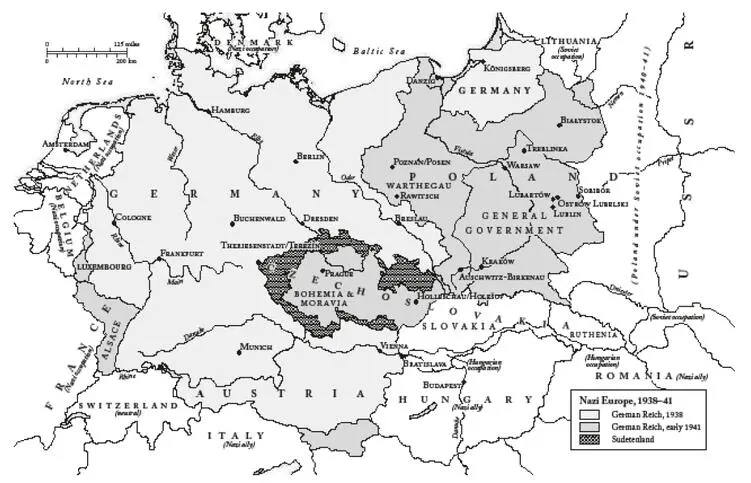
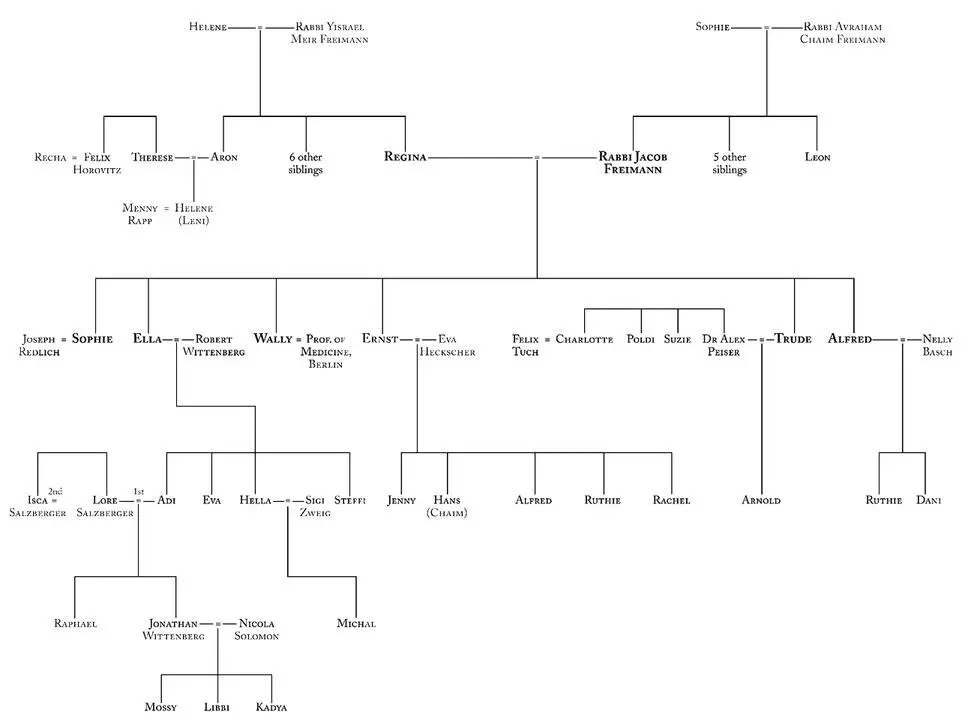
1: THE GRAVESTONE AND THE TRUNK
My father’s family had felt at home in Germany. They were leaders in the highly cultured world of German Jewry. They fought on the German side in the First World War; my grandfather’s brother was welcomed home to great acclaim as a hero twice-wounded. They spoke German, wrote in German and baked kosher cakes according to German recipes. ‘You have good family connections,’ my father told me. His mother’s father was a world-famous authority on Jewish law, from a dynasty of rabbis.
In 1945 all that was left of my father’s family in Europe were scattered ashes, one grave, their former homes, of which the surviving members were never able to regain possession, and memories. ‘So that you will know where to look for us afterwards,’ his aunt Sophie had written in a final letter informing her brother of her impending deportation. But in her case, and that of her sister Trude and their families, there was no one left for their relatives to find.
‘At first they did it all within the sanction of legality,’ my father used to say. Step by step, in small measures which initially sometimes showed little of outright violence, the Nazis and their supporters removed the Jewish populations in their midst from their positions, hemmed them in with restrictions, laid claim to their belongings, stripped them of their savings, dispossessed them of their homes, isolated them from those they loved, starved and tortured them, robbed them of their lives and turned them into ashes.
Of course I knew as I was growing up that my father’s family had come from Germany and that they had fled when he was in his teens. But I didn’t understand about his part of the family in the same way as I knew the story on my mother’s side. Her parents, also refugees from Germany, lived around the corner and I saw them several times each week. My father’s relatives resided in faraway Jerusalem; his father had died even before my older brother was born, and I had met his mother only two or three times, on her occasional trips to London. She had struck me as generous, gentle and kind, but quiet and self-contained. It never occurred to me, a teenager absorbed in my own life, that it could be important to traverse her quietness and listen to who she was. She used to send us big wooden cases of oranges or grapefruits, an exciting treat from an Israel which I had never yet visited.
I knew, but I didn’t really know; perhaps it would be more honest to say that I didn’t pay sufficient attention or care. There are many things of which one is aware, but only at the periphery of the mind. They never properly penetrate the consciousness, but hover like a distant landscape beyond the parameters of one’s immediate concerns. It doesn’t occur to one to ask the important questions; nothing provokes one to enquire. Only after it is too late is one overcome by a compelling urgency, and in retrospect the failure to have shown sufficient curiosity while there was still time seems as inexplicable as it feels inexcusable: why did I never trouble to ask, before those who could have answered were all dead?
But my brother and I grew up safe in England, a long way away from the past, too far to be minded to put the difficult questions while those who could have responded to them were still alive.
I remember one occasion when my father was in the scullery; I was in the kitchen rehearsing the script for the school assembly which was to be led the next day by the A level German set to which I belonged. It included a mocking comment about the Nazis. ‘Don’t forget that Hitler murdered millions of people,’ my father, who wasn’t in the habit of intervening, quietly observed. ‘He turned thousands of them into bars of soap, including several of your relatives. Don’t ever have anything to do with anyone who makes light of it, even in a joke.’ I felt instantly ashamed.
A few years before he died, my father instructed me to make a record of all the family members who had perished in the Holocaust and Israel’s wars. He carefully dictated their names in the vernacular and Hebrew, including the patronymic by which a person is referred to in formal Jewish documents. Slowly I typed them out, creating a testament which, following his wishes, I placed on the table every year on the bleak fast of the Ninth of Av, the date on which the Jewish people remembers its martyrs, and on the atonement fast of Yom Kippur. Then I would light a memorial candle and often, after coming home from the synagogue, sit and watch it flicker in the darkness, briefly illuminating the names, the walls and the small Ark containing the Torah scroll rescued by his family from the devastation. It was when he gave me that list that I understood for the first time the relationships between him and those people whom I had heard mentioned, though only infrequently and in passing, but never properly located on my internal family tree, his aunts Sophie and Trude and their families, his uncle Alfred, his grandmother Regina. It was then too that I began to realise quite how many of his family had perished and to ask myself what this must have meant to him and where in his heart he stored the sorrows of so much loss.
Читать дальше
